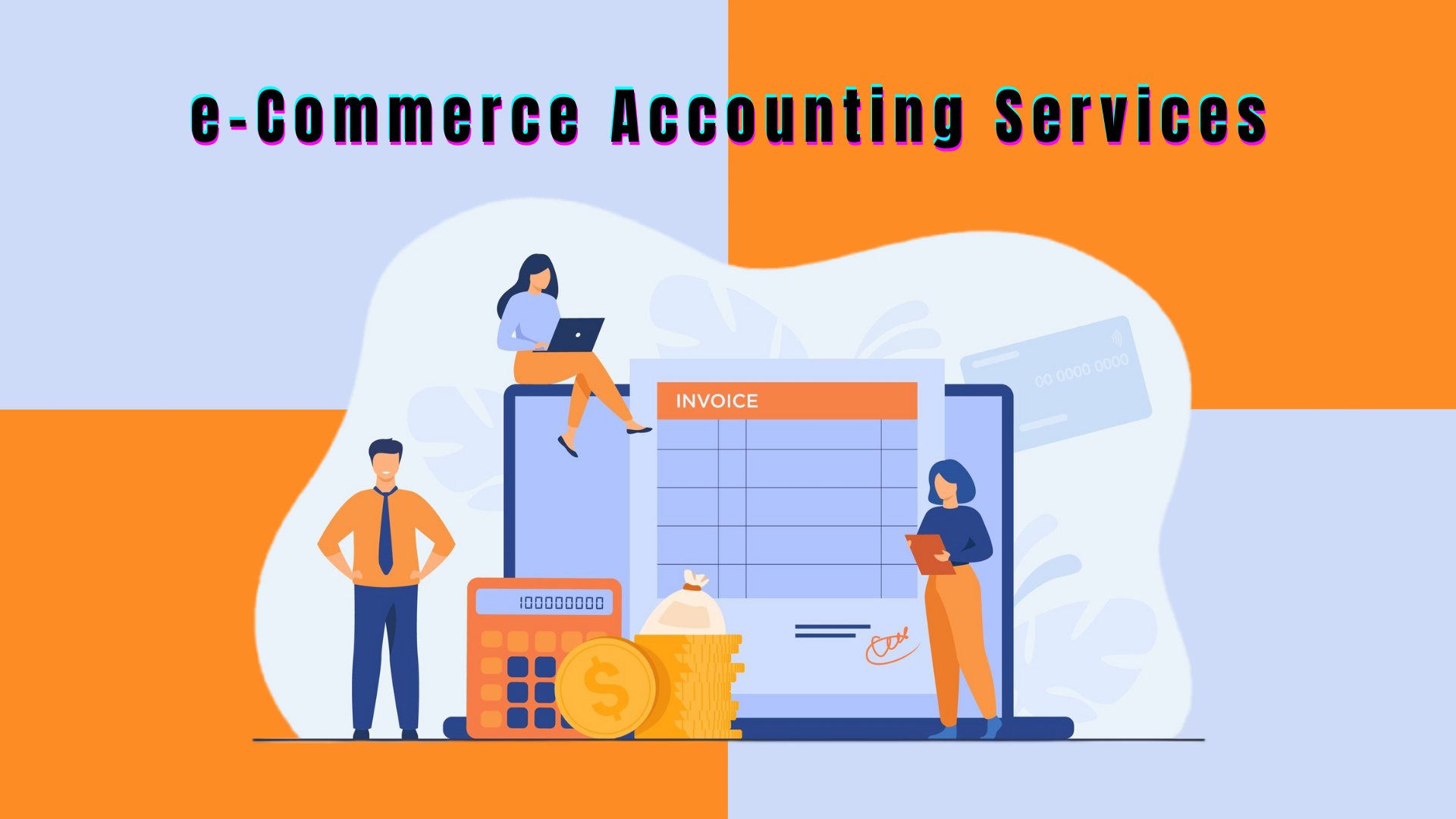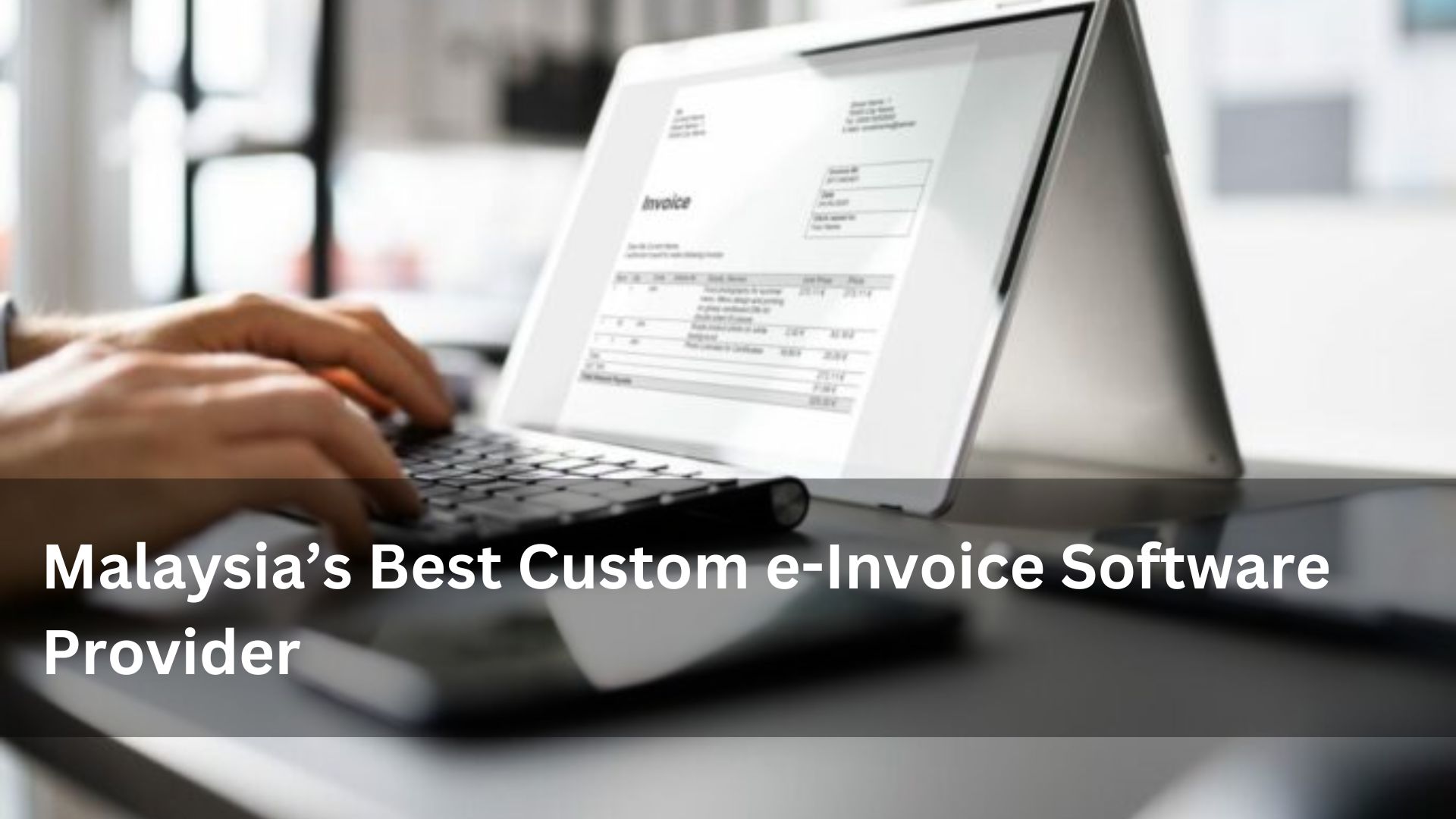In the fast-paced world of e-commerce, managing your finances efficiently is crucial to the success of your online business. Ecommerce accounting services have emerged as a valuable resource for online entrepreneurs, offering a range of benefits that can streamline financial processes, ensure compliance, and ultimately boost your bottom line. In this comprehensive guide, we’ll delve into the world of Ecommerce Accounting Services, exploring how they can make your life as an online business owner easier and more profitable.
Introduction
The Importance of Accounting in E-commerce
Running an e-commerce business in the modern digital age presents entrepreneurs with a unique set of opportunities and challenges. On one hand, it offers the potential for global reach, scalability, and significant profitability. On the other hand, managing the financial aspects of an e-commerce venture can be a complex and often overwhelming task. This is where e-commerce accounting services come into play, serving as a vital resource for business owners looking to navigate the intricate financial landscape of online retail.
One of the fundamental reasons why accounting in e-commerce is of paramount importance is the sheer volume and complexity of transactions that occur in the online marketplace. E-commerce businesses can process hundreds, if not thousands, of orders each day, involving various payment methods, currencies, and tax implications. Accurate record-keeping and financial tracking are essential to ensure that all revenue and expenses are accounted for, and to comply with tax regulations in various jurisdictions. Without precise accounting, businesses may find themselves facing financial discrepancies, audits, and potential legal issues.
Challenges Faced by E-commerce Businesses
E-commerce has revolutionized the way we shop and conduct business, offering unparalleled convenience and accessibility. However, it is not without its fair share of challenges. E-commerce entrepreneurs face a myriad of perplexing financial issues that can be particularly daunting, especially for those who are just embarking on their online ventures.
One of the primary challenges that e-commerce businesses encounter is the need to efficiently track and manage numerous transactions. E-commerce platforms facilitate a high volume of sales, often involving a vast array of products, currencies, and payment methods. This massive influx of data can lead to complications in record-keeping, financial tracking, and inventory management. Entrepreneurs must establish robust systems for order processing, inventory control, and customer payment management to ensure that no transaction falls through the cracks.
What Are Ecommerce Accounting Services?
Definition and Scope
E-commerce Accounting Services are a specialized set of financial tools and processes tailored to meet the unique needs of online businesses operating in the digital marketplace. The scope of these services goes beyond traditional accounting, encompassing a wide array of functions that are vital for the financial health and growth of e-commerce ventures.
At its core, E-commerce Accounting Services involve the comprehensive management of financial transactions, bookkeeping, tax reporting, and financial analysis, all of which are specific to the dynamic and fast-paced e-commerce industry. Let’s delve into the components of this scope in more detail.
Financial Transactions Management: E-commerce businesses process a multitude of transactions daily, from customer purchases to refunds and supplier payments. E-commerce Accounting Services ensure that every transaction is accurately recorded, categorized, and reconciled. This meticulous tracking helps maintain financial accuracy and transparency, reducing the risk of errors and discrepancies.
Bookkeeping: Effective bookkeeping is the foundation of e-commerce financial management. It involves organizing and recording financial data such as income, expenses, and assets. E-commerce Accounting Services use digital tools to streamline this process, making it easier to maintain clear and organized financial records.
Tax Reporting: E-commerce businesses must navigate a complex web of tax regulations. E-commerce Accounting Services assist in calculating and reporting taxes accurately, including sales tax, VAT, and customs duties. Compliance with these regulations is crucial to avoid audits, penalties, and legal complications.
Financial Analysis: Understanding the financial health of an e-commerce business is essential for strategic decision-making. E-commerce Accounting Services provide in-depth financial analysis, offering insights into revenue, profit margins, and cost structures. These analyses can guide business owners in optimizing their operations, pricing strategies, and inventory management.
Currency and Payment Management: E-commerce businesses often operate on a global scale, accepting payments in multiple currencies and through various payment gateways. E-commerce Accounting Services help manage currency conversion, payment processing, and tracking different revenue streams, ensuring that businesses can operate seamlessly across borders.
Inventory Control: Effective inventory management is a critical component of e-commerce success. E-commerce Accounting Services provide tools and processes for tracking inventory levels, managing stockouts, and ensuring that product listings are accurate and up to date. This aids in maintaining customer satisfaction and streamlining supply chain operations.
Security and Compliance: E-commerce businesses handle sensitive customer payment data, making security a paramount concern. E-commerce Accounting Services incorporate measures to safeguard this information and ensure compliance with Payment Card Industry Data Security Standard (PCI DSS) requirements.
Why Do E-commerce Businesses Need Accounting Services?
E-commerce businesses require accounting services to ensure accurate financial record-keeping, monitor revenue and expenses, comply with tax regulations, and make informed decisions. Accounting professionals help track online sales, manage inventory, analyze cash flow, and prepare financial statements, enabling businesses to evaluate their profitability and plan for future growth. Furthermore, expert accountants can navigate the complex world of e-commerce taxation, helping businesses avoid costly mistakes and penalties while optimizing their tax strategies. Overall, accounting services are essential for maintaining financial transparency, minimizing risks, and maximizing the financial health of e-commerce ventures.
Conclusion
In the midst of the booming e-commerce industry, where businesses thrive in the digital realm, effective financial management is not merely a choice but an absolute necessity for success. Online businesses face distinctive financial challenges, given the high transaction volumes, diverse payment gateways, and intricate inventory management that are inherent to the e-commerce landscape. To navigate these complexities, E-commerce Accounting Services have emerged as a tailored solution, offering a lifeline to online entrepreneurs looking to streamline their financial operations and drive sustainable growth.
The fundamental advantage of E-commerce Accounting Services lies in their ability to leverage automation. Online businesses often contend with a constant flow of transactions, and manual data entry can become an overwhelming and error-prone task. E-commerce accounting solutions automate the process, seamlessly integrating with e-commerce platforms, payment gateways, and inventory management systems. This automation not only saves time but also significantly reduces the risk of data entry errors, ensuring the accuracy of financial records.





